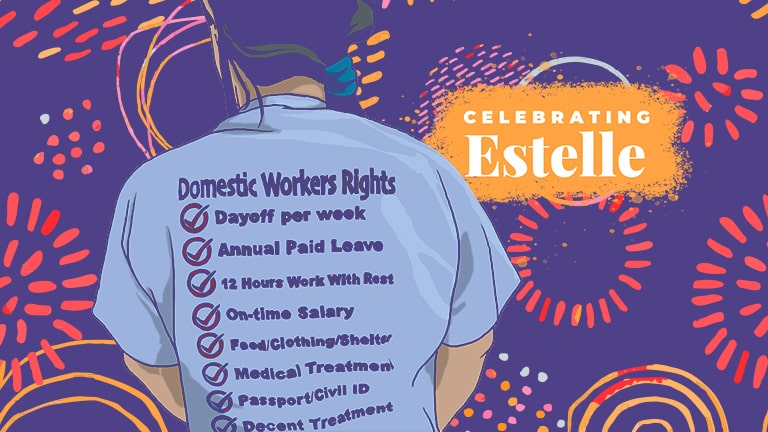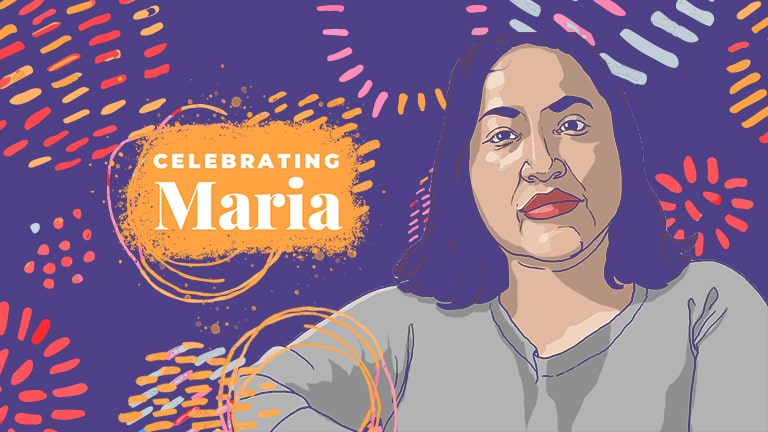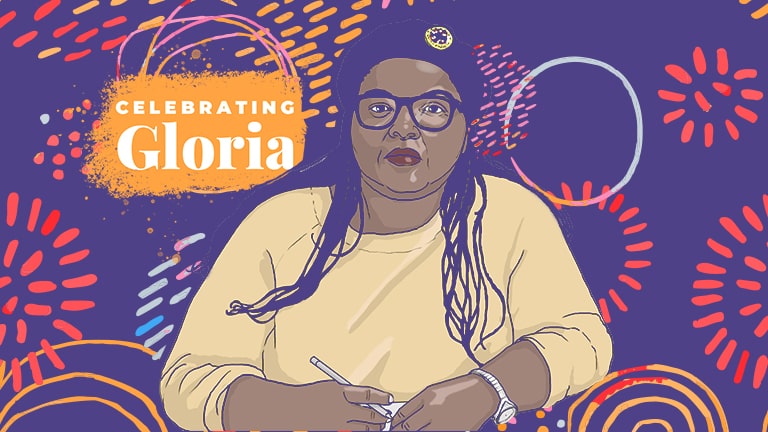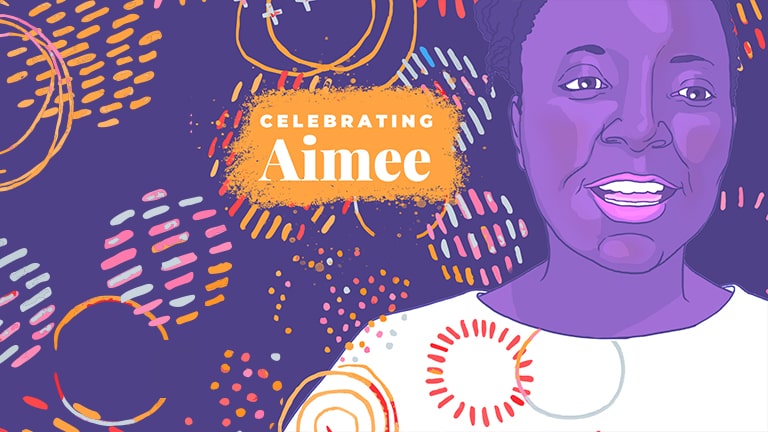
Estelle: Kuwait
For Estelle – who left the Philippines to pursue work as a migrant domestic worker in Kuwait – hindsight is 20/20; had she known of the IDWF when she first arrived, it would have saved her years of despair. Though she can’t change the past, Estelle hopes her experience will save other domestic workers from the fate that awaited her a decade ago.
At 23 Estelle became the sole breadwinner for her son and parents when her father fell ill. Migrant domestic work was one of few adequate employment options, and work in Kuwait didn’t require application fees. Estelle was matched with an employer through a private recruiting agency in the Philippines, and signed a 2-year contract that outlined decent salary, housing and working conditions, and a mobile phone to keep in touch with the family it was so hard to leave behind.
But once in Kuwait the contract was swapped out for one far less favourable. She worked 14 to 20 hours – 7 days a week, cooking, cleaning and providing childcare. She had no private space – resting on the floor of the salon or the children’s bedrooms once the family was asleep. She had to use her own meagre funds for food and hygiene supplies as none were provided. Perhaps worst of all, though, she was allowed only 10 minutes of phone time per month to contact the family at home.
Like the approximately 732,000 migrant domestic workers in Kuwait, Estelle was subject to the Kafala system, in which a worker’s status is tied to the sponsoring employer, and not to labour laws and regulations. Estelle heard stories of workers attempting to escape unfair treatment or abuse finding themselves imprisoned and deported. Afraid, isolated, exhausted, and starving, Estelle got through that first contract with prayer, and by remembering that her income – as limited as it was – was the only thing keeping her father in medicine and her son in school.
On completing the 2-year contract Estelle managed to find a new job where things were much better; decent pay, regular rest times and days off, adequate meals, her own room, and her own phone. Around the same time she found SKDWA (Sandigan Kuwait Domestic Workers Association; the first IDWF affiliate in the MENA region) on facebook, and has been an active volunteer for the organisation ever since. In Estelle’s opinion, the collective strength of the organisation empowers workers, and gives them voices loud enough to reach the women who most need to hear the message. Many years after her own trauma, Estelle still believes that getting the word out is some of the most important work that SKDWA does, and she has dedicated herself to helping other workers in distress; hopefully as a qualified counsellor one day soon. “I don’t want anyone else to go through what happened to me.”






